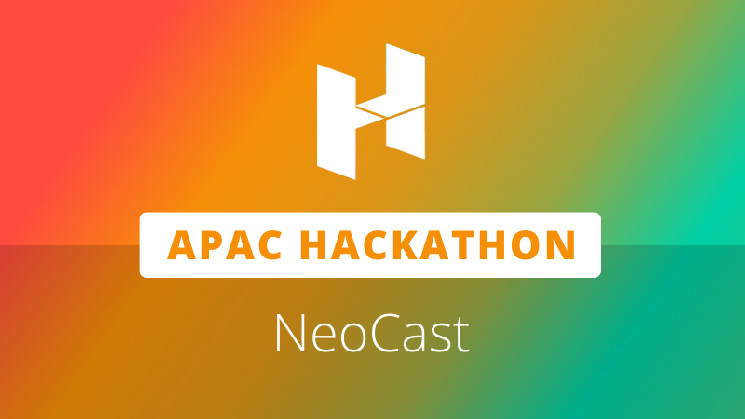NeoCast, the winner of the Infrastructure category at the grand finals of the Neo APAC Hackathon, is a blockchain-agnostic communications middleware. The project is designed to give services access to both off-chain and on-chain data. By integrating with dApps and other applications, NeoCast allows users to be notified via push notifications when a relevant event occurs.
The innovation behind NeoCast aims to bridge the gap in coordination and communication between Web3 services and users. This project emerged victorious at the Neo APAC Hackathon 2023, under the Infrastructure track, and received high praise from the Neo developer community judges for addressing a critical pain point in the overall dApp user experience.
NeoCast is not a user-facing project per se, but can be seen as a public good, designed for integration into tools that are themselves important touchpoints for blockchain users. By integrating NeoCast as a communications middleware, applications such as wallets, explorers, exchanges, and games have a convenient way to communicate with their users in real-time about on-chain actions without having to use their own event indexing infrastructure.
Project architecture
To retrieve and store contract event data, the NeoCast team used a combination of the OneGate API, NeoTube API, and NeoGo web sockets, using MongoDB for data storage. A REST API has been developed to provide this data to a showcase N3 TestNet web application with Neon Wallet support. In its original form, the app allows users to subscribe to topics of interest or create new ones.
The NeoCast protocol enables seamless on-chain and off-chain communications, designed to function over any smart contract, dApp or backend service, using wallet addresses as identifiers. This provides a gasless, multi-chain and cross-platform solution for wallet subscriptions to topics, allowing smart contracts to broadcast messages to specific wallets or groups within a topic. The team is also working on an alpha version of NeoCast Chat, a wallet-to-wallet communications tool.
NeoCast maintains a network of nodes responsible for validating, storing, and delivering communications. Decentralization to an open network is a long-term goal for the team, which hopes to launch a public alpha in the near future. In the meantime, data immutability and non-censorship should be achieved by packaging validity proofs directly with the payloads.
Currently, NeoCast is operational on Ethereum, Polygon, and BNB Chain, with plans to expand support to extra-large EVM and non-EVM chains.
GrantShares proposal
Seeking further development, the team has submitted a GrantShares proposal, asking for approximately $10,000 to fund advances toward a decentralized architecture, including smart contract-based user engagement incentives and comprehensive notification systems on major platforms.
The proposal outlines a three-phase delivery plan. For the first milestone, the team would focus on broadening the dApp features, including broadened wallet and NeoNS support, and providing a public API and SDK for dApps and wallets to use notifications. The next milestone would be the delivery of an Android and iOS app and setting up a more scalable architecture with improved notification capabilities. Finally, the work would conclude with the validation of the MVP, audits for smart contracts used in the future revenue layer, and new tools to simplify dApp integration.
NeoCast’s proposal involves around two months of development time, but this is just the beginning for the team, which has offered an ambitious roadmap with a wide range of features intended to revolutionize Web3 communications. In addition to a revenue layer, which would leverage bNEO token staking, the team confirmed the desire to build a complete webhook & automation workflow applet marketplace, automated scheduled notifications, data analytics and integration with NeoFS for data archiving.
The NeoCast website can be found via the link below:
https://neocast.xyz/

